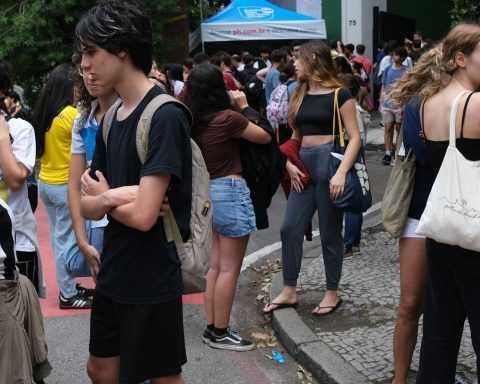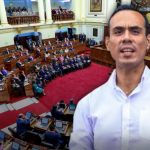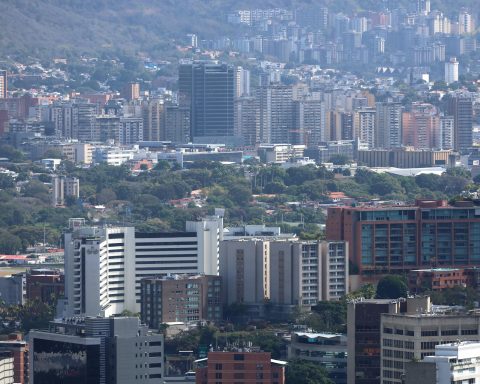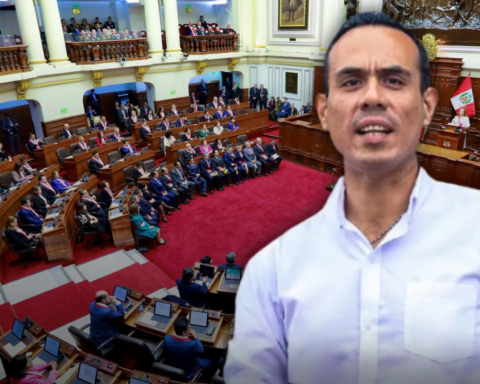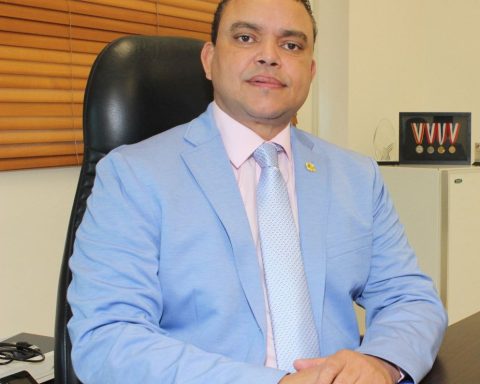Municipal bodies, guardianship councils are fundamental parts of guaranteeing the rights of children and adolescents. Provided for in the Child and Adolescent Statute (ECA), these bodies are permanent and autonomous, but the fulfillment of their duties depends on the support of municipal authorities.
Professor Simone Eliza Lessa, from the Faculty of Social Service at the State University of Rio de Janeiro (Uerj), explains that voters should look to the platforms of their candidates for mayor and councilor for commitment to these councils.
“It must be a campaign commitment to give visibility to guardianship counselors, with continued training for counselors and technical teams, proximity to universities to qualify this public and social control of guardianship councils. You have to monitor your daily routine”, said the teacher.
Brazil has, in total, 6,100 guardianship councils distributed across its 5,570 municipalities. There was an election in October last year. There were 30,500 councilors elected across the country.
The main functions of guardianship councils are to provide assistance and guidance to children, adolescents and their parents or guardians, providing information, clarifying doubts and providing guidance on the rights and duties of each person. in addition, they receive reports, complaints and demands related to risk situations or violations of the rights of children and adolescents, and monitor institutions, services and programs that serve children and adolescents, such as schools, daycare centers, shelters and reception centers.
“There needs to be a very educational dimension to the counselor’s role. Unfortunately, in this context we are seeing that the councils were heavily contaminated by religious polarization and even by militia action”, said the researcher.
“Councils need to be visible and accessible spaces. Everyone needs to know where the guardianship council is. It has to be a well-organized building, with infrastructure, a car for visitors. Unfortunately, the councils have a structure that is not the best and this depends on the territory where it is located”.
Guardianship counselor Patrícia Félix, from Rio de Janeiro, recalls that the city halls are the ones who inaugurate the councils and that there is a recommendation from the National Council for the Rights of Children and Adolescents (Conanda) of one council for every hundred thousand inhabitants.
“Mayors have to look at the guardianship council with this need not to subordinate the body. Councilors can contribute to updating the law. The laws on guardianship councils are outdated. Councilors have a special role not only to improve these laws, but also to monitor all transfers of municipal funds, the current situation of councilors”, said Patrícia.





